Article not found
This article is no longer available. But don't worry—we've gathered other articles that discuss the same topic.
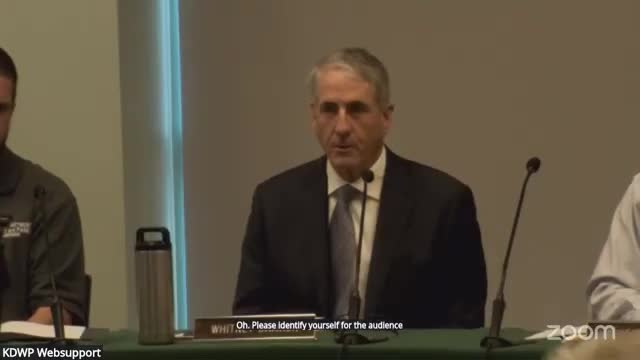
Public urges KDWP to revisit ban on trail cameras on public land; department notes differing policies across landowners
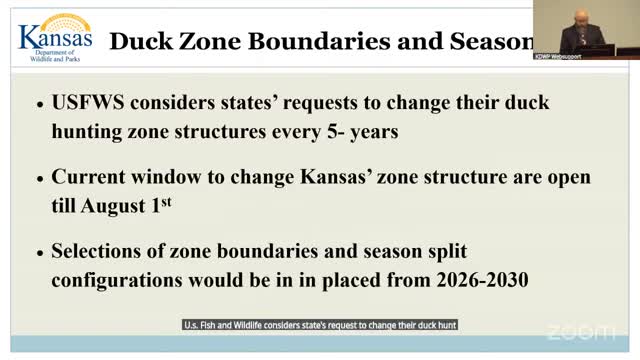
Commission staff to circulate draft regulation enabling commissioners to submit proposed rules for consideration
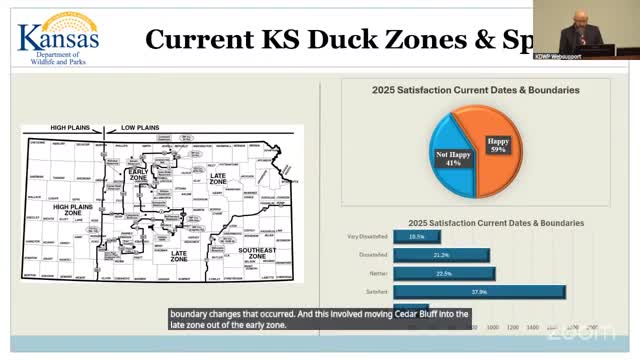
KDWP to increase Unit 2 elk permits amid herd growth near Fort Riley
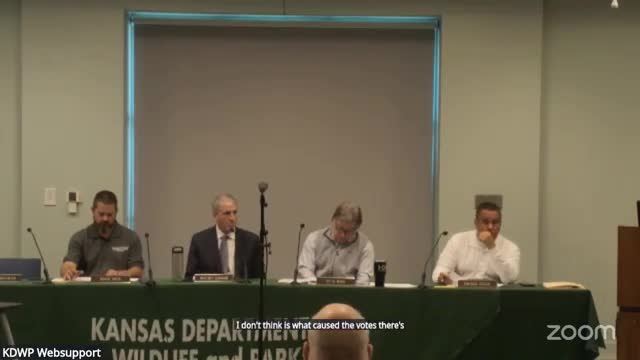
KDWP proposes waterfowl season dates and zone structure for 2025; September teal season shortened under federal framework
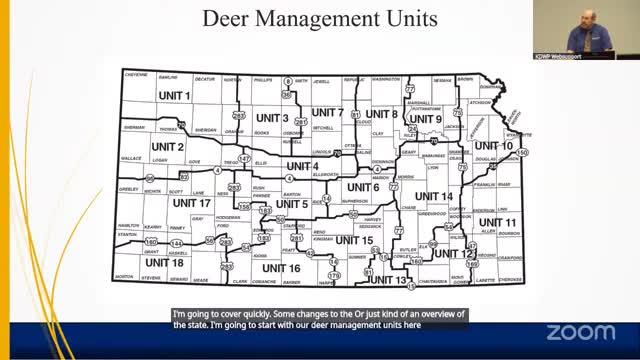
KDWP proposes reallocating deer permits: fewer nonresident permits in western Kansas, more in east; some units to get longer antlerless seasons

